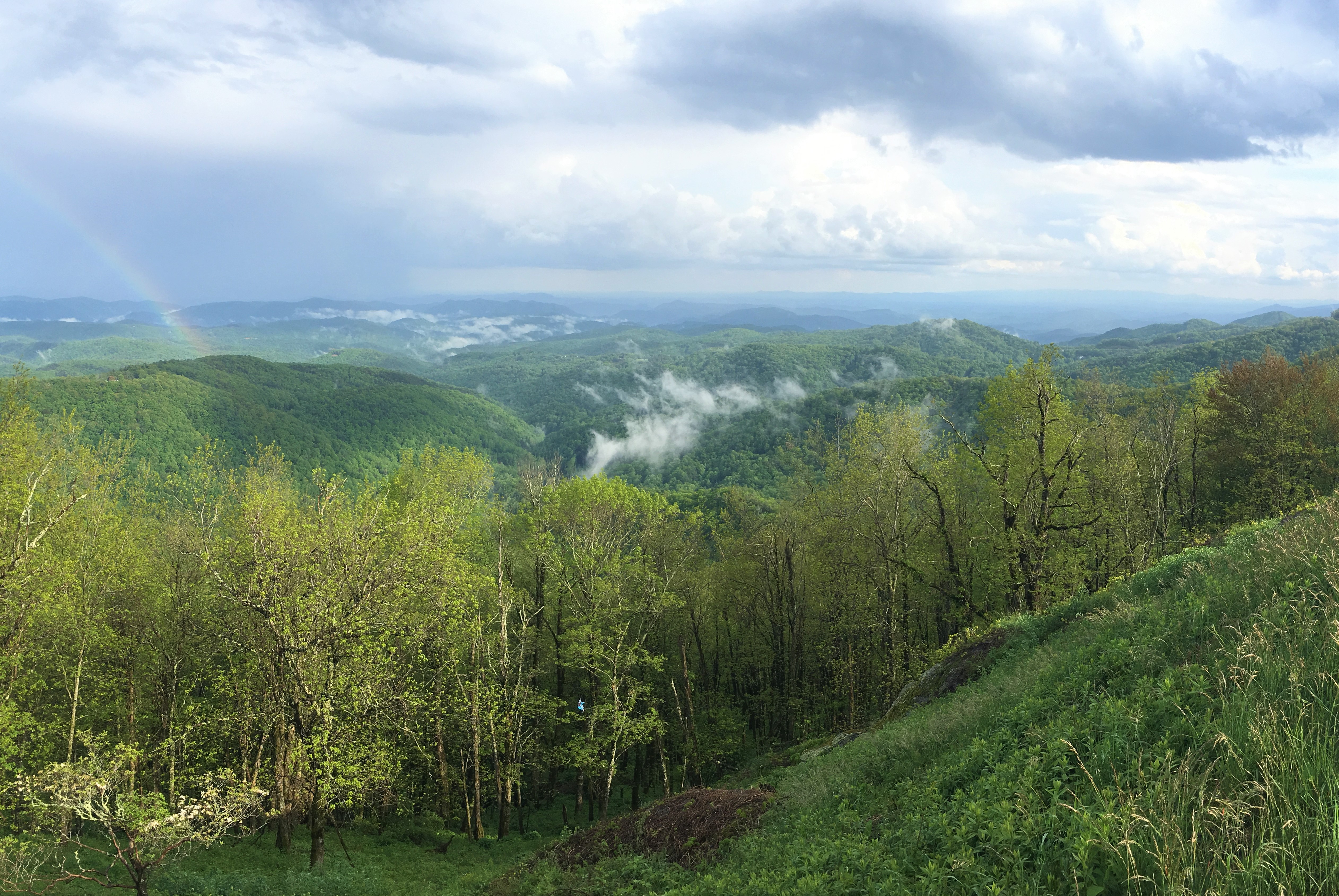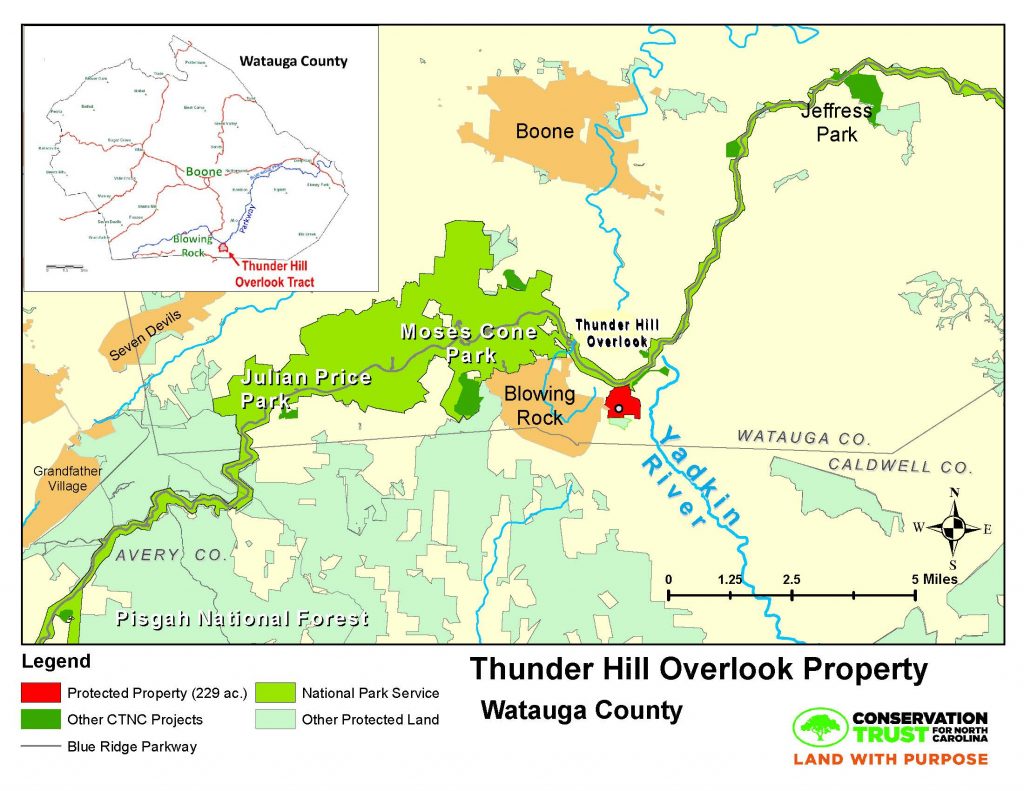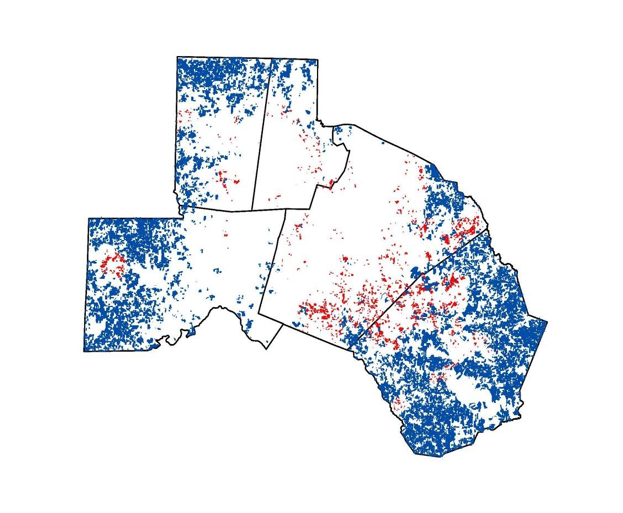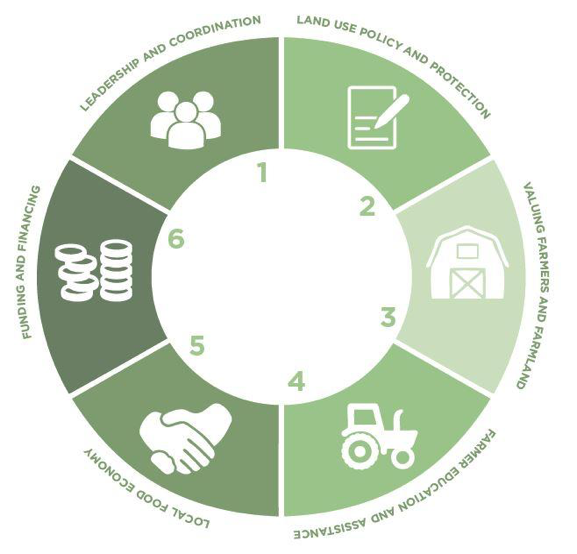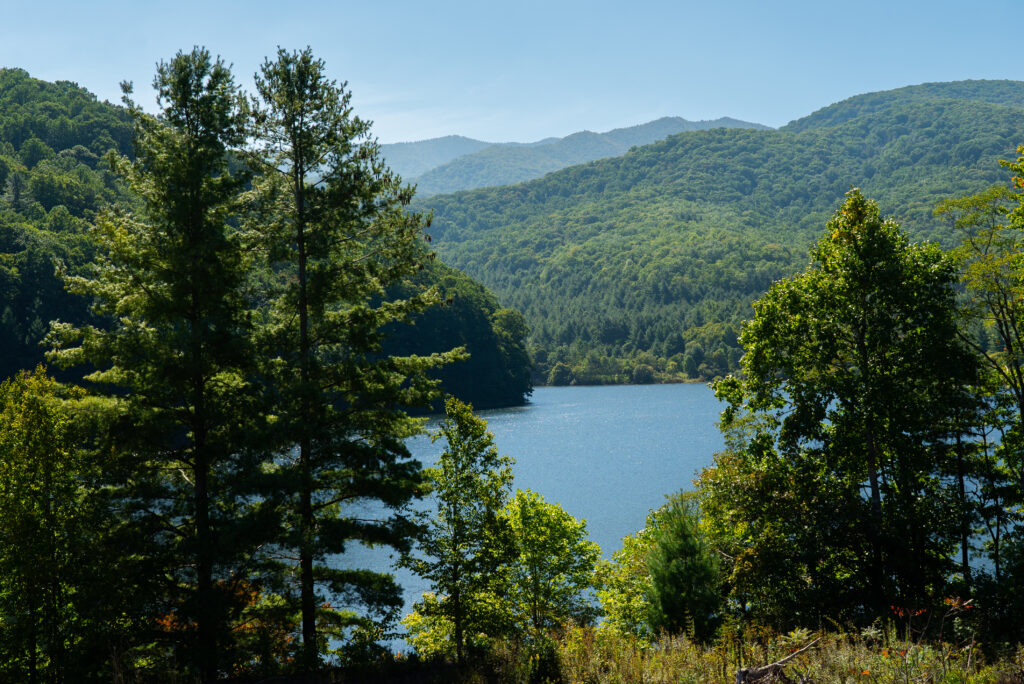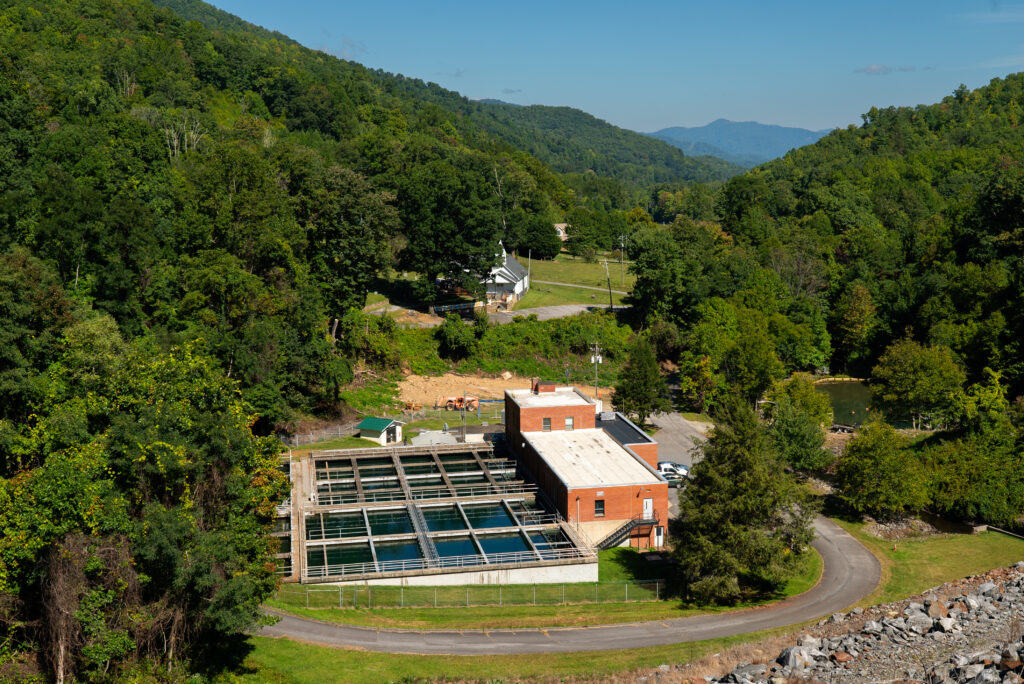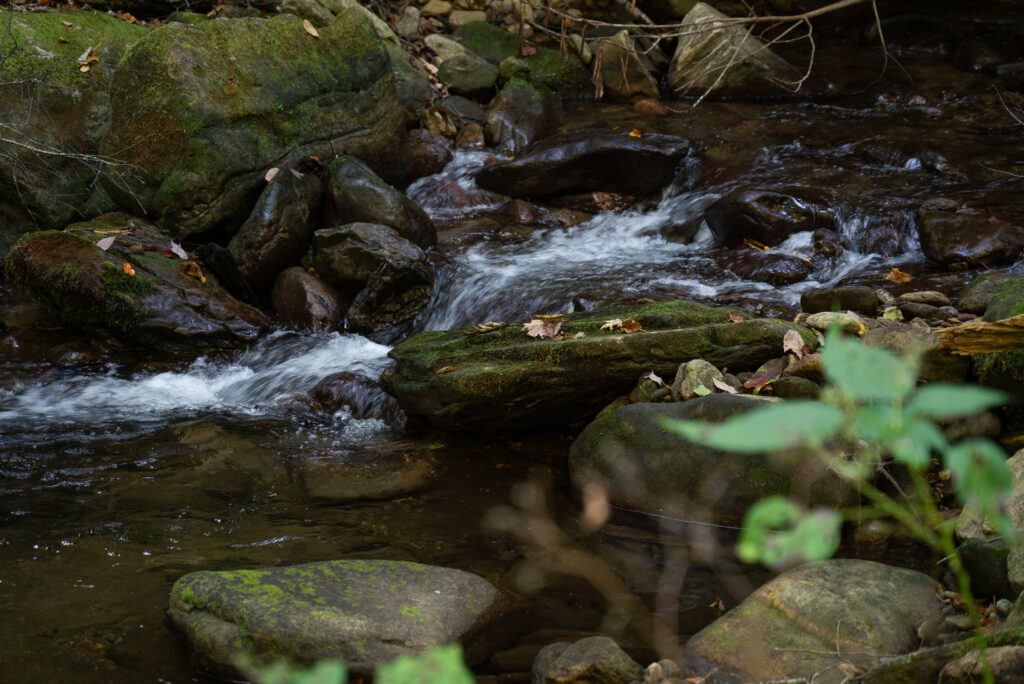Conservation Trust for North Carolina is the proud host organization for AmeriCorps, a ten-month national service program in environmental education and outreach. Through CTNC AmeriCorps, we seek to reconnect people with the outdoors and to develop future leaders in conservation. Learn more.
Anne Maxwell Ellett
Ellerbe Creek Watershed Association
Anne Maxwell Ellett is an environmental educator for Ellerbe Creek Watershed Association (ECWA). Prior to joining ECWA, she was an environmental educator for the Chesapeake Bay Foundation in Maryland after graduating UNC-Chapel Hill. During her time at UNC, Anne Maxwell studied biology and marine science and spent a semester in the Galapagos Islands studying marine ecology. At ECWA, Anne Maxwell leads Family Explorers Club, Explorers Club and assists with Nature Walks; all of which aim to get Durham residents, big and small, outside and connected with Ellerbe Creek. She is also involved with the planning and implementation of volunteer workdays, assists with outreach for various programs through social media platforms, and helps with fundraising for the education program. It was during her undergraduate career that her love for environmental science and educating the public was solidified.
Melissa Kennedy
Triangle Land Conservancy
Melissa Kennedy earned her B.S. in animal science from N.C. State University and grew up camping and hiking with her family. Her passion for the outdoors combined with her desire to share this interest with young people led her to AmeriCorps. She will serve at Triangle Land Conservancy as the AmeriCorps community outreach and education associate, doing community outreach and education in Durham, N.C. She hopes to inspire youth in her community to continue protecting the environment!
Lillie Reiter
Coastal Land Trust
Lillie Reiter serves with the Coastal Land Trust in Wilmington as an environmental education and volunteer coordinator. She is originally from Asheville and graduated from Guilford College in Greensboro. Her passion for environmental education began while she was studying abroad in the Turks and Caicos Islands teaching children about the ocean and marine biology. She has worked with a zoo, nature center, science center, land conservancy and now a land trust! As an environmental education and volunteer coordinator, her role will be to incorporate more environmental field trips into the school’s curriculum, engage the public in nature-based events, and help volunteers have fun while doing service. When she’s not out and about downtown with friends, she can be found at home, snuggled with her cat, eating ice cream and reading.
Eliza Hurst
Balsam Mountain Trust
Eliza Hurst is serving at the Balsam Mountain Trust as the education outreach coordinator. She will be focusing on bringing environmental education alive with live animal programs at local Title I elementary schools and public libraries. She received her B.S. in geology from Western Carolina University in 2018. Eliza was born and raised in Pompano Beach, Florida, where she developed a deep love for the ocean and marine life through scuba diving with her dad and brother. Those experiences shaped her love of the natural world. Eliza is excited to share her passion for the environment and conservation with the western North Carolina community.
Blair Frantz
Triangle J Council of Governments
Blair Frantz is serving at the Triangle J Council of Governments in the Water Resources Program as the stormwater education specialist. She will be promoting behavior changes through outreach and education about water quality impairment and our impact on stormwater runoff. Blair will be working to increase citizen access to and participation in environmental education activities and events. She’s originally from Montclair, New Jersey but moved to Durham this past summer. She earned a B.S. in environmental Science from Trinity College in Hartford, Connecticut. As a former intern of the Charles River Watershed Association (CRWA) and the Connecticut Council on Environmental Quality, Blair was thrilled to come on board as a CTNC AmeriCorps member for the 2018/2019 service year. Through these opportunities, she was able to share her love of the environment and clean water with others. Her professional interests lie in environmental analysis, environmental education and outreach, as well as environmental policy and regulation. Blair is enjoying settling into her new home in Durham and spends most evenings and weekends cooking or baking, reading, hiking and running.
Anna Vancina
The Conservation Fund – Good Hope Farm
This service year, Anna Vancina is positioned at host site The Conservation Fund in Chapel Hill, North Carolina as Good Hope Farm community outreach coordinator. Originally from Manhattan, Illinois, Anna was heavily involved in the 4-H program during her youth and adolescence, and from it developed her love of service. She interned this past summer with NCSU’s Center for Environmental Farming Systems and is currently finishing her Bachelor of Arts degree in environmental studies through the University of Illinois Springfield. Some of Anna’s main responsibilities at The Conservation Fund are to organize volunteers for Good Hope Farm workdays and events, develop educational programming for the farm and support various community engagement initiatives. Anna is most excited about the Good Hope Farm project because it is modeled to support small-scale farmers, encourage the growth of local foods and engage the community in urban agriculture.
Jade Woll
UNCW MarineQuest
Jade Woll serves at UNCW MarineQuest as a coastal citizen science ambassador. Jade will be creating a citizen science project focused on coastal resiliency. The purpose of this project is to increase community awareness about the protection marshes bring to coastal communities while partnering it with a citizen science project that will assess local marshes. She will be conducting various volunteer workshops ranging from marsh assessments to creating living shorelines. This position focuses on all the things she loves. Combining her passion for volunteer coordination with marine science allows her to gain invaluable experience for her future. She is extremely excited to be partnering with local community members and having the opportunity to increase community awareness about the importance of protecting our coast.
Grace McCants
Highlands-Cashiers Land Trust
Grace McCants is serving at the Highlands-Cashiers Land Trust (HCLT) located in Highlands, N.C. as their environmental stewardship and outreach associate. She will be teaching after-school programs, maintaining trails and managing/recruiting volunteers for workdays. Grace and the volunteers will be striving to control invasive species around Highlands and Cashiers, treating surviving hemlocks in the area, protecting rare species, and creating better access to the beautiful vistas the HCLT protects. Along with this, Grace will be writing lesson plans about animal habitats, survival adaptations and conservation importance in a fun and educating way for the young students in the after-school programs. Grace hopes to further her skills in environmental education by completing the North Carolina Environmental Education Certificate as well as attending GIS lectures led by Dr. Gary Wein of the Highlands-Cashiers Land Trust. CTNC AmeriCorps is allowing Grace to follow her dreams of educating children about the importance of nature and getting them as passionate about it as she is, as well as working to conserve beautiful properties throughout the mountains. When Grace is not working, you can find her backpacking along the many mountainous trails or snuggling in her cabin with her dogs.
Maya Revell
Piedmont Triad Regional Council
Maya Revell is serving as the environmental programs assistant with the Piedmont Triad Regional Council in Kernersville, N.C. She was born and raised in Hickory, N.C. and now lives in Winston-Salem, N.C. Maya earned her B.A. in biology from Wake Forest University and worked in the WFU Office of Sustainability as a sustainability ambassador and the waste reduction intern. Her past work experience and college coursework have led her to pursue a career addressing the need for sustainability education. While serving at the PTRC, Maya assists in coordinating the Stormwater SMART program by providing environmental education on water quality and facilitating community outreach events. She is excited that this partnership with the PTRC and CTNC AmeriCorps will allow her the opportunity to further develop herself as an educator as well as serve underserved communities in the Piedmont Triad. “I knew that serving with CTNC AmeriCorps and the PTRC would be the perfect opportunity to explore the intersections of environmental sustainability, education and social justice while inspiring the next generation of conservation leaders.”
Frances Starn
Durham Public Schools Hub Farm
Frances Starn is serving as the AmeriCorps education and outreach coordinator at the Durham Public Schools Hub Farm. An alumna of Durham Public Schools, she graduated with a degree in history and urban education policy from the University of Pennsylvania in 2015. Since then, Frances has worked for environmental education programs in Colorado’s Rocky Mountain National Park, the Monongahela National Forest in West Virginia and the Adirondack State Park in New York. At the Hub Farm, Frances will be piloting an elementary garden education program, working with community partners to increase the Hub’s visibility, and doing farm work. Frances is proud to return home to North Carolina and serve in her own community.
Claire Denny
Eno River Association
Claire Denny is serving at the Eno River Association as the AmeriCorps conservation and education coordinator. Her position requires her to participate in planning and managing stewardship volunteer workdays, perform land stewardship monitoring of properties owned by the association, organize landowner outreach meetings, be an advocate for Eno River Association at non-profit events/meetings, help out in any way she can with office work and to be a supporting hands-on environmental education mentor for underserved youth. After graduating from High Point University, she completed a year of service with AmeriCorps National Civilian Community Corps (NCCC) in the southwest region of the U.S. Through this program, her love for the environment and conservation grew. She wanted to make a difference in the area that she lived in, by way of being hands-on in nature, so she applied for the position at Eno. Not only is she able to learn new aspects/skills while working for a nonprofit conservation organization, but she gets to educate others, especially the next generation. She is a lifelong learner and wants to teach/get others interested in what she is passionate about: nature. She’s excited for the next 10 months!
Kaitlin Willis
Eastern 4-H Center
Kaitlin is serving at the Eastern 4-H Center in Columbia after enjoying her summer at N.C. Aquarium on Roanoke Island and her first introduction to the Outer Banks. She is currently developing educational programs for the center to implement in summer camps and school field trips. Kaitlin is originally from Connecticut where she taught middle school science before transitioning into outdoor education after returning from a year-long adventure in Kenya. She is now looking forward to her time as a CTNC AmeriCorps member at the 4-H Center and is focused on helping kids discover a new type of outdoor classroom while spreading an appreciation for the habitats and wildlife found here!
Emilee Winter
Bald Head Island Conservancy
Emilee Winter graduated from UNC-Wilmington with a B.S. in environmental science. She is currently serving at the Bald Head Island Conservancy as the AmeriCorps community outreach and stewardship coordinator. Her responsibilities include creating and teaching environmental lessons both on the island and in nearby schools, expanding the conservancy’s outreach efforts and managing volunteers to help with stewardship projects. Emilee joined CTNC AmeriCorps in order to address the needs of the coastal community and show people how exciting exploring nature can be. After living in North Carolina her whole life, she loves enjoying and protecting the amazing natural resources here. She also loves scuba diving, kayaking, reading and watching “The Office.”
Chase Robinson
Tar River Land Conservancy
Chase Robinson serves as the land management associate at Tar River Land Conservancy and is overseeing the completion of hiking trails for communities within Edgecombe, Franklin, Granville, Greene, Halifax, Nash, Person, Vance and Warren counties. Chase will be recruiting volunteers to help with trail building, reaching out to local government and schools, community colleges and universities. Chase joined CTNC AmeriCorps to gain valuable experience within nonprofits, learning to interact socially across the counties, to earn an environmental education/nonprofit certificate and GIS work. He believes that the service is important as conservation is important to citizens of N.C. and around our country and believes that environmental education shouldn’t only expand to youth, but to adults as well.
Rachel Jamrozy
Keep Durham Beautiful
Rachel Jamrozy is currently serving at Keep Durham Beautiful as a volunteer and community outreach coordinator. Having recently graduated from James Madison University with a bachelor’s of social work, Rachel is passionate about working with individuals and communities on issues that directly impact them. She is passionate about service and has been involved with various organizations including Camp Kesem, Operation Smile, National Alliance on Mental Illness and the Sierra Club in numerous capacities. This year she plans to demonstrate that they do not need a formal environmental background to get involved! She will be coordinating events such as litter cleanups and tree plantings to make environmental stewardship accessible to community members. In her free time, Rachel can be found playing with her cat, painting or doing yoga.
Joshua Perkins
N.C. Arboretum
Joshua Perkins is serving as the AmeriCorps community engagement educator at N.C. Arboretum. Joshua is an advocate in educating others about the characteristics and benefits of the environment and how people should cherish the environment in which they live. Joshua attained a bachelor’s degree in environmental education from Warren Wilson College located in Swannanoa, Asheville. Besides serving as a CTNC AmeriCorps member for N.C. Arboretum, Joshua has also served in AmeriCorps as an assistant teacher and counselor engaging and ensuring the well-being of youth members through core and artistic classes. He has also served in CitiSquare AmeriCorps: Food on the Move as a community server where he traveled around East Dallas and provided free nutritious meals along with engaging with youth of diverse cultures and backgrounds in summer activities. These activities focused on taking advantage of the outdoor environments while gaining an appreciation of the outdoor environments with which the children thrive in. Personal quote: “I am constantly seeking knowledge and skills that will enable me to become a more positive and influential environmental educator within the community. I believe individuals must gain an understanding of the environment in which they live. Doing so will allow one to develop a respect for an environment that deserves respect.”
Guido Schutz
Piedmont Triad Regional Council
Guido Schutz is serving as the Piedmont Legacy trails coordinator for Piedmont Triad Regional Council and Piedmont Land Conservancy to promote the Piedmont Legacy Trails program. His duties are to organize trail data in GIS, promote Piedmont Legacy Trails through social media and other relevant channels, assist in the organization of the annual “Piedmont Legacy Trails Summit” and assess conditions and map out trails in the region. He joined CTNC AmeriCorps to make a positive impact on the environment, which is something he has strived to do for the entirety of his life. Beginning his career by doing environmental service with CTNC AmeriCorps was the perfect way for him to gain experience in the field and help him succeed in making a positive impact on the environment, wherever his career may take him.
Erin Rexin
Coastal Studies Institute
Erin Rexin is serving as the Roanoke Island Trails Lead at ECU’s Coastal Studies Institute. She’ll be focused on developing a volunteer program with the aim of creating new biking and walking paths on Roanoke island as well as producing a map showcasing this new trails network for publication. Erin is from San Diego, enjoys hanging out at the beach and has a background in wildlife conservation biology. She joined AmeriCorps because she wanted to explore new coastal communities, engage locals with nature and the outdoors, and continue developing her skills in volunteer management.





